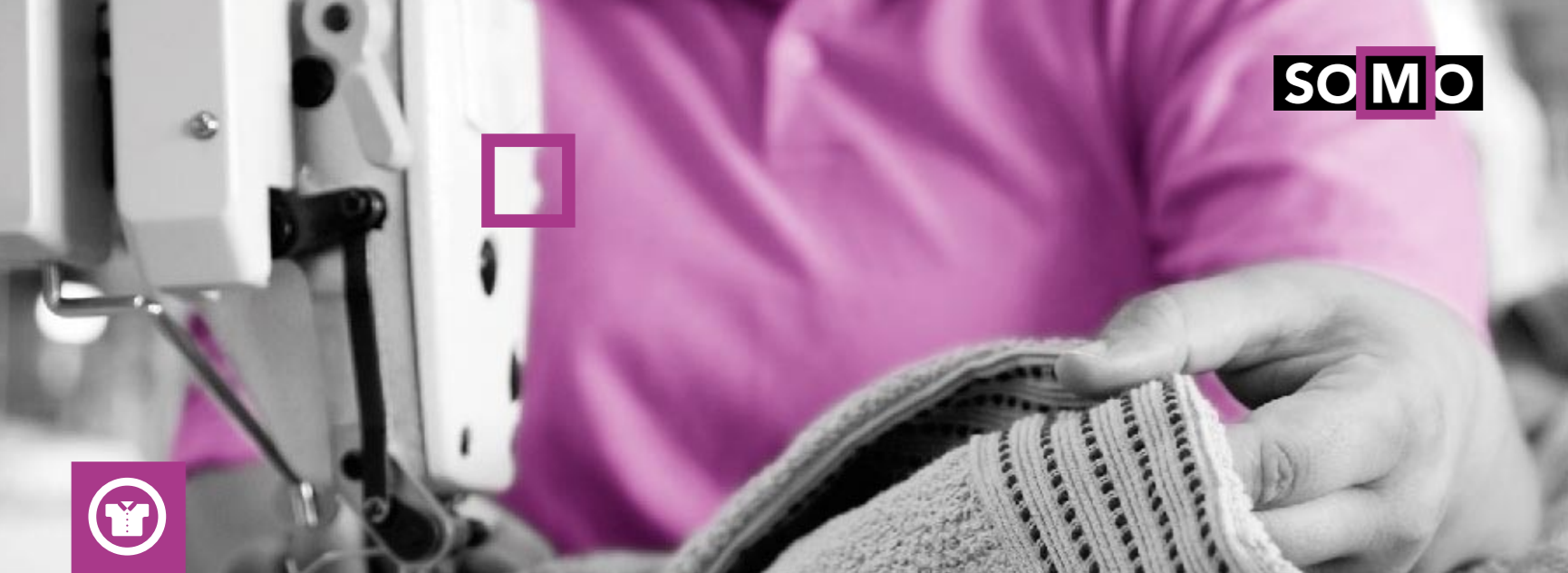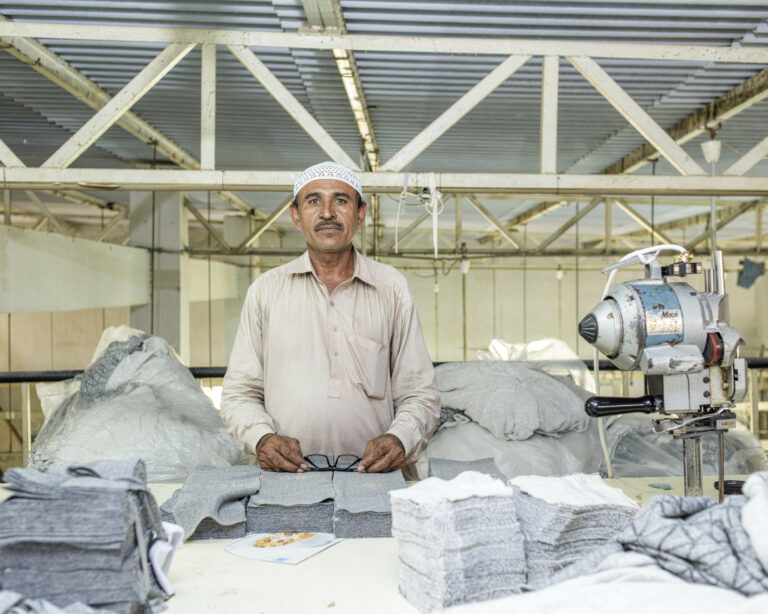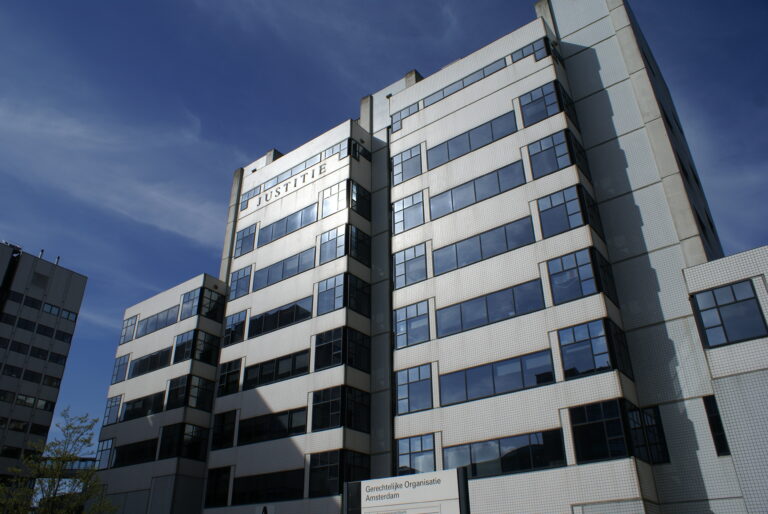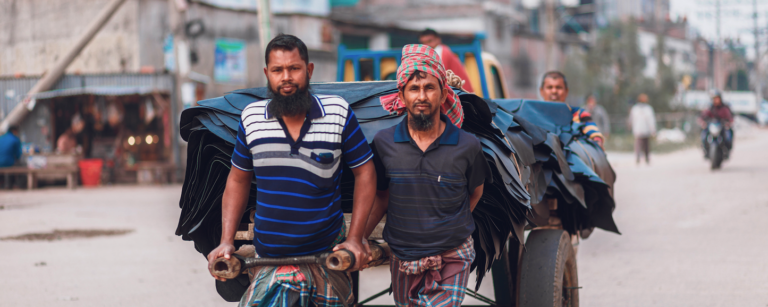
Gender aspects in the Latin American garment industry

The global garment industry labour force is highly feminised. The vast majority (about 85%) of workers employed in this sector are women. In general, the garment industry is one of the lowest-paid sectors and offers poor working conditions. Within the sector there is also a clear gender segregation whereby women are mostly found in the lowest-skilled, lowest-paid and most precarious jobs. When tasks get more advanced or where the exercise of authority is required men tend to be employed. As it is often the women in the garment industry that endure the worst conditions it is important to analyse why this situation exists and persists. This paper offers some concrete examples of gender issues in the Latin American garment industry. It focuses on what is called the ‘Cut-Make-Trim’ (CMT) phase of the garment industry. In this phase fabric is cut, sewn into garments and finished before it is sold to the international clothing brands and retailers. Research from three Latin American countries – Argentina, El Salvador and Peru – is presented here. In these three countries there are different types of production facilities. El Salvador is home to many ‘maquilas,’ large export processing plants. In Argentina garment production mainly takes place in small, informal workshops. In Peru, production facilities are not as big as maquilas but cannot be compared to the small workshops in Argentina either. Also, regulatory frameworks vary from country to country. While some gender issues, such as women’s double burden and low female representation in trade unions, are universally present in the garment industry, other issues, such as illegal immigrant labour, forced pregnancy testing and labour insecurity may occur to a greater or lesser extent depending on the type of production facilities or the regulatory framework concerned.
Partners
-
Grupo de Monitoreo Independiente de El Salvador (GMIES)
Publicatie
Bijlagen

Related news
-
 Pauline OvereemGeplaatst in categorie:Publicatie
Pauline OvereemGeplaatst in categorie:Publicatie Pauline Overeem
Pauline Overeem
-
 Rechtbank tikt ministerie van Financiën op de vingers in zaak katoenimport uit XinjiangGeplaatst in categorie:Nieuws
Rechtbank tikt ministerie van Financiën op de vingers in zaak katoenimport uit XinjiangGeplaatst in categorie:Nieuws Lydia de LeeuwGepubliceerd op:
Lydia de LeeuwGepubliceerd op: -
 Europese bedrijven zwijgen over arbeidsrechtenkwesties in leerlooierijen in BangladeshGeplaatst in categorie:Nieuws
Europese bedrijven zwijgen over arbeidsrechtenkwesties in leerlooierijen in BangladeshGeplaatst in categorie:Nieuws Martje TheuwsGepubliceerd op:
Martje TheuwsGepubliceerd op:

